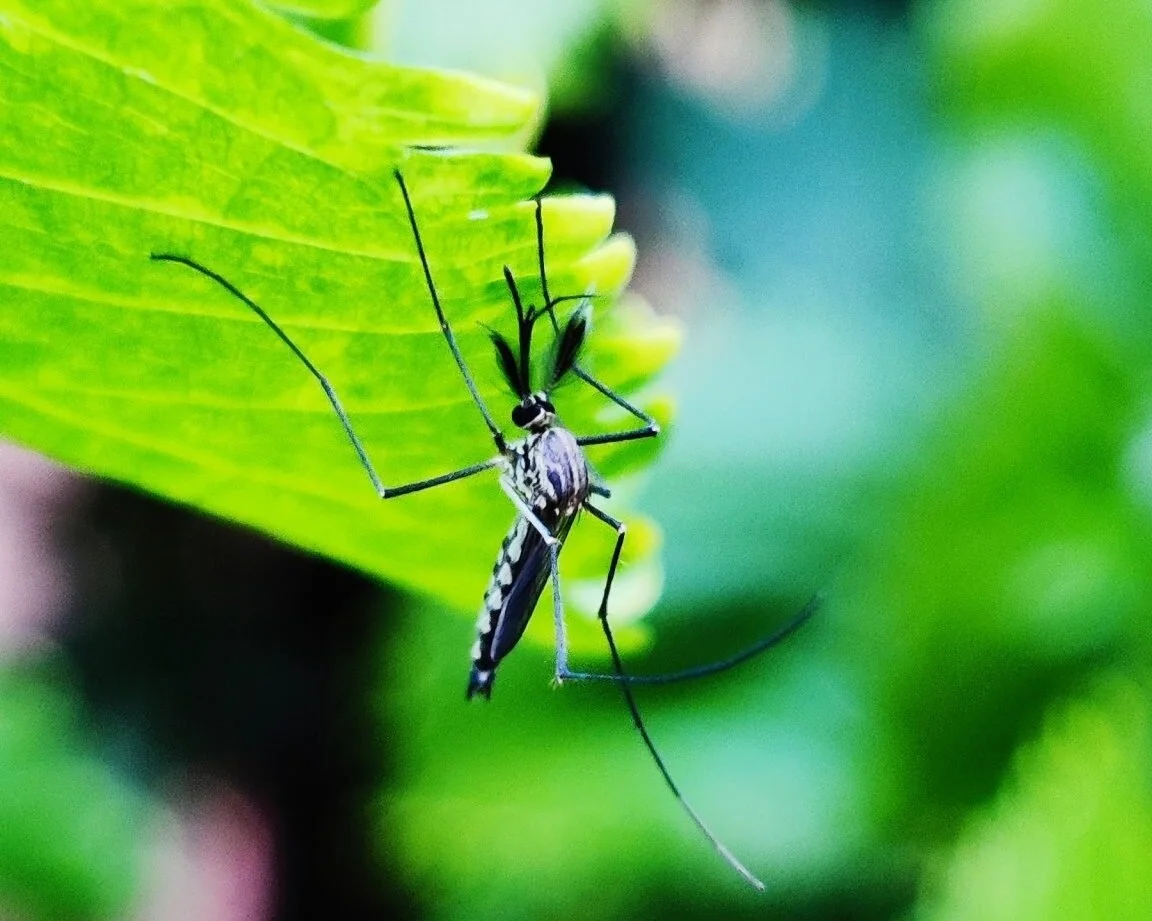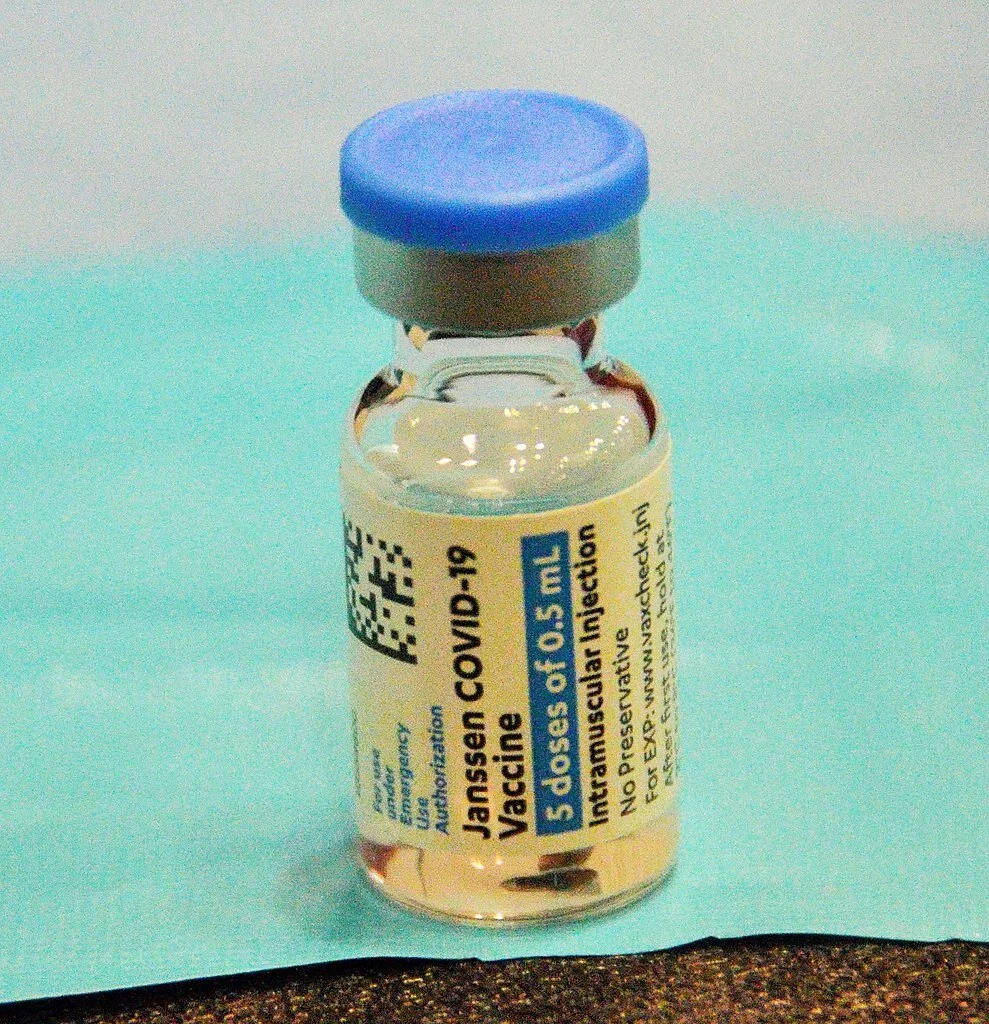After a season that saw climbing mosquito populations, mosquito presence in the United States is beginning to decline.
As the summer’s record-breaking heat and storms led to above-average rainfall, mosquitoes were able to proliferate successfully. Ideal conditions for mosquitoes feature rainfall that produces pools of water in which they lay their eggs, according to an Environmental Protection Agencies study published in 2021. Mosquitoes also prefer humid conditions, which will intensify as climate change worsens. According to a 2018 release from Climate Central, a climate reporting resource, for every 1 degree Fahrenheit of warming, the humidity will increase by about four percent.



